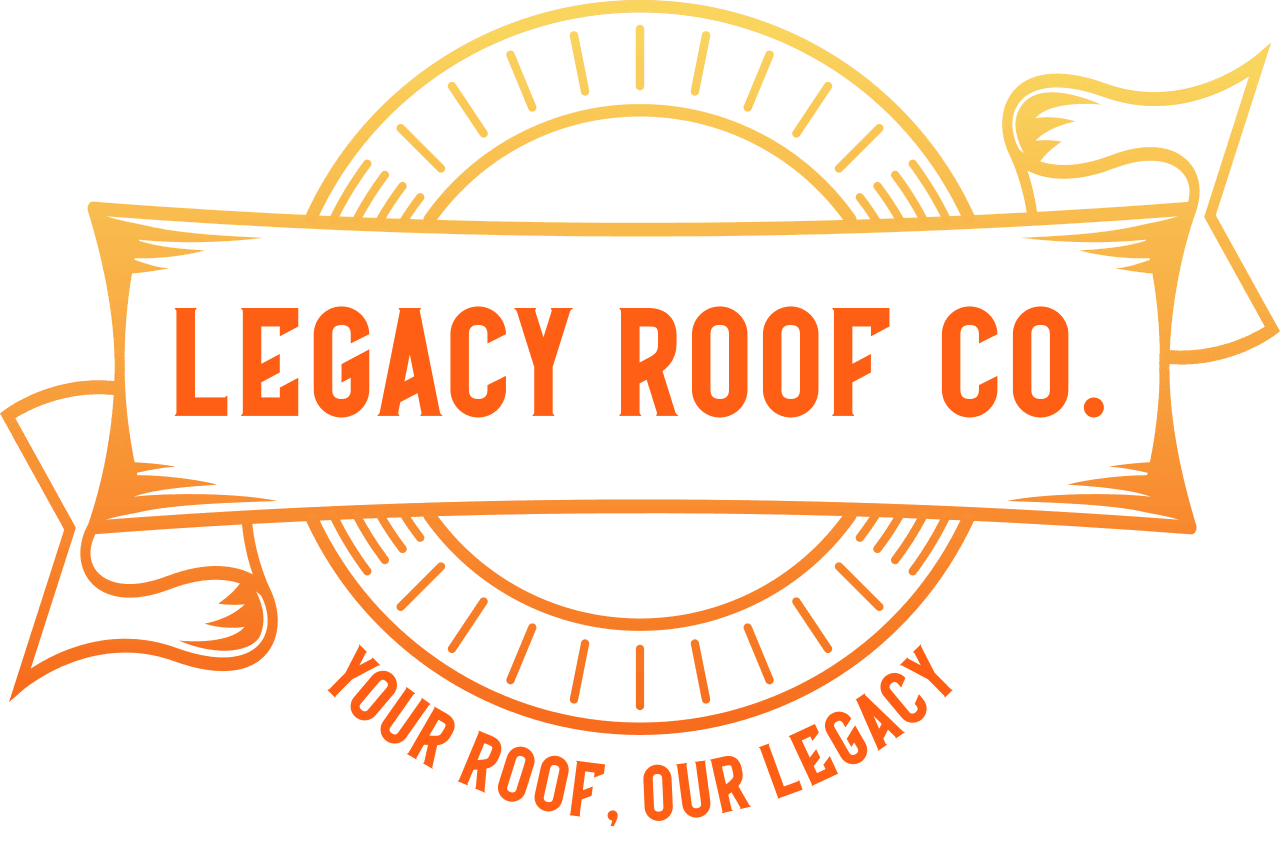Green Improvements: How to Make Your Commercial Roof More Sustainable
Understanding the Importance of Sustainable Roofing
As businesses strive to become more environmentally responsible, one area often overlooked is the sustainability of their commercial roofs. A sustainable roof can significantly reduce energy consumption, decrease carbon footprints, and even lower utility costs. Embracing green improvements for your commercial roof is not just an environmental choice—it's a smart business decision.

Choose Reflective Roofing Materials
One of the most effective ways to enhance the sustainability of your commercial roof is by selecting reflective roofing materials. These materials can help minimize heat absorption by reflecting sunlight, keeping your building cooler during hot months. This can lead to significant energy savings as it reduces the reliance on air conditioning systems.
Popular reflective roofing options include white membranes, cool roof coatings, and metal roofs with reflective finishes. Each option offers unique benefits and can be tailored to suit the specific needs of your business.
Install Green Roof Systems
Green roof systems, also known as living roofs, are gaining popularity for their environmental and aesthetic benefits. These systems involve planting vegetation on the rooftop, which can help reduce stormwater runoff, improve insulation, and provide a habitat for local wildlife. Additionally, green roofs can enhance the overall appearance of a commercial building, making it more attractive to customers and clients.

Benefits of Green Roofs
- Energy Efficiency: Green roofs provide natural insulation, reducing heating and cooling costs.
- Stormwater Management: They absorb rainwater, decreasing the risk of flooding and runoff.
- Biodiversity: Green roofs support urban ecosystems by providing habitats for birds and insects.
Implement Solar Panels
Integrating solar panels into your commercial roofing system is another excellent way to boost sustainability. Solar panels convert sunlight into electricity, allowing your business to harness clean energy and reduce dependence on fossil fuels. This investment can lead to substantial long-term savings on energy bills and may qualify your business for tax incentives and rebates.

Considerations for Solar Installation
Before installing solar panels, it's important to assess the structural integrity of your roof, evaluate local climate conditions, and understand the potential energy yield. Consulting with a professional solar installer can help ensure that your system is optimized for maximum efficiency.
Regular Maintenance and Inspections
Regular maintenance and inspections are crucial for sustaining the longevity and efficiency of any roofing system. By keeping your roof in good condition, you can prevent leaks, improve insulation, and maintain energy efficiency. Schedule routine inspections to identify potential issues early and address them before they become costly repairs.
Maintenance Tips for Sustainability
- Clean Debris: Regularly remove leaves, branches, and other debris that can accumulate on the roof surface.
- Inspect for Damage: Check for cracks, leaks, or other signs of wear that could affect performance.
- Check Drainage: Ensure gutters and drains are clear to prevent water buildup and damage.
The Future of Sustainable Roofing
The shift towards sustainable roofing is not just a trend but a necessary evolution in building design. As technology advances and more businesses recognize the value of environmentally friendly practices, sustainable roofing solutions will continue to evolve and expand. By making these green improvements today, your business can stay ahead of the curve while contributing to a healthier planet.

